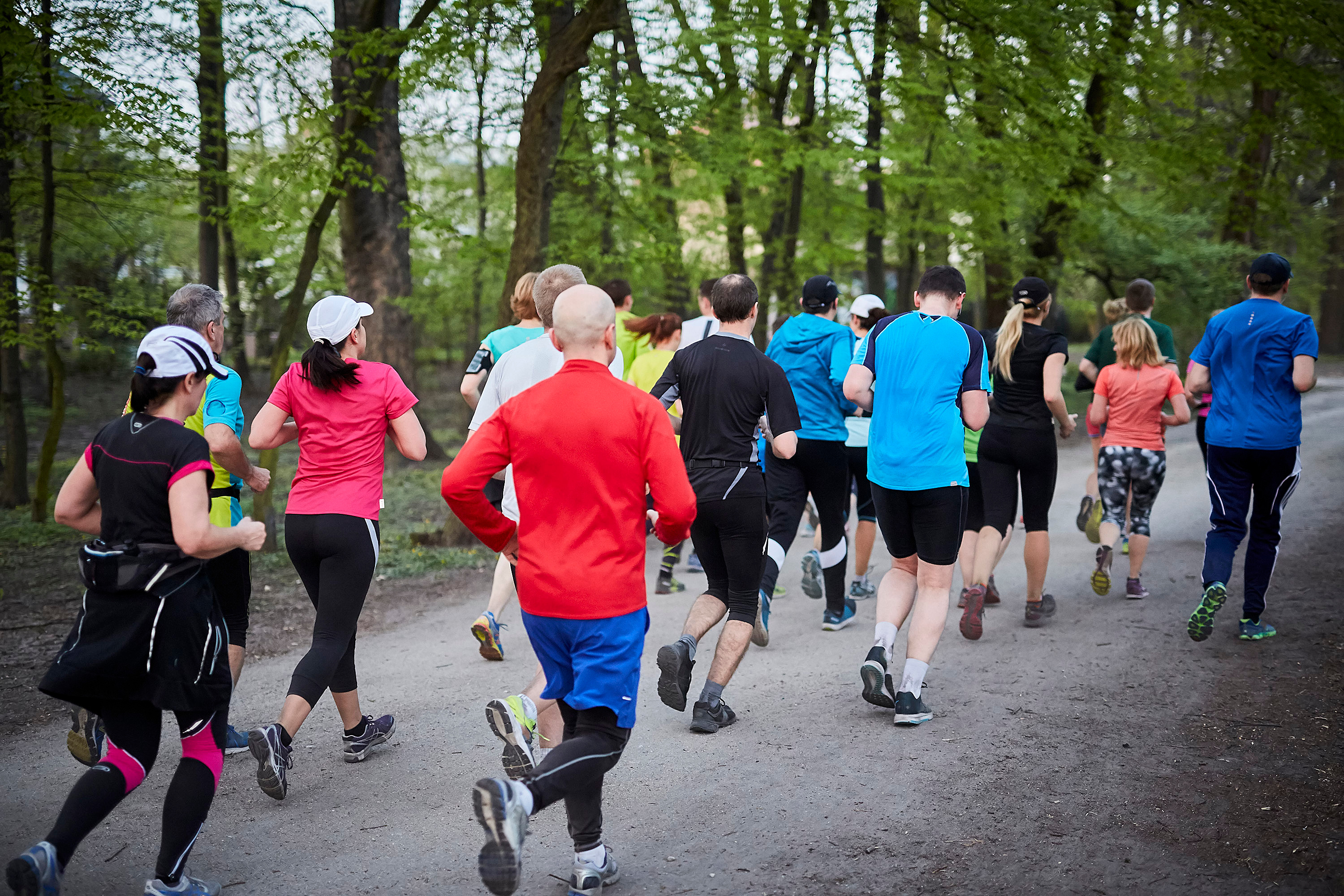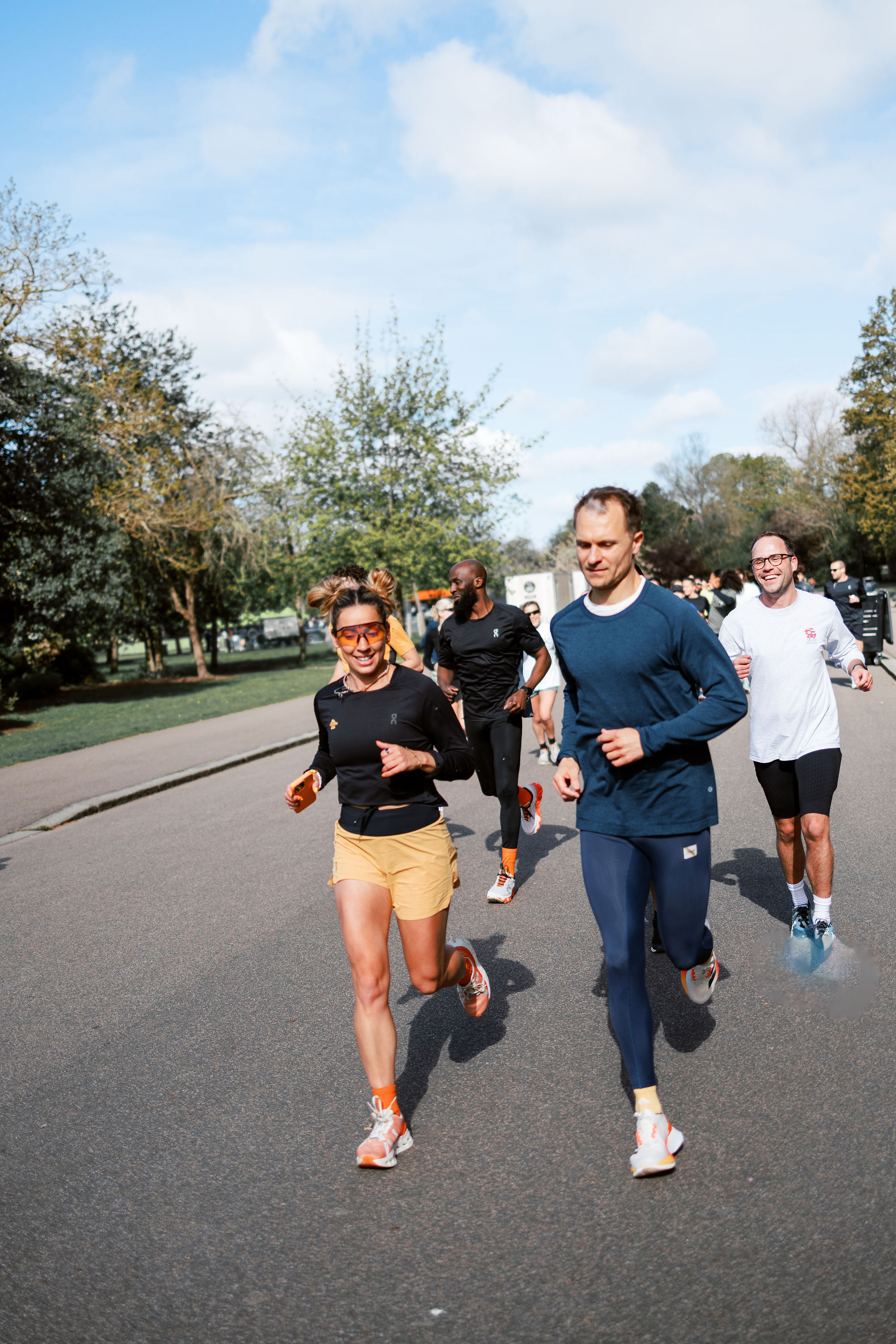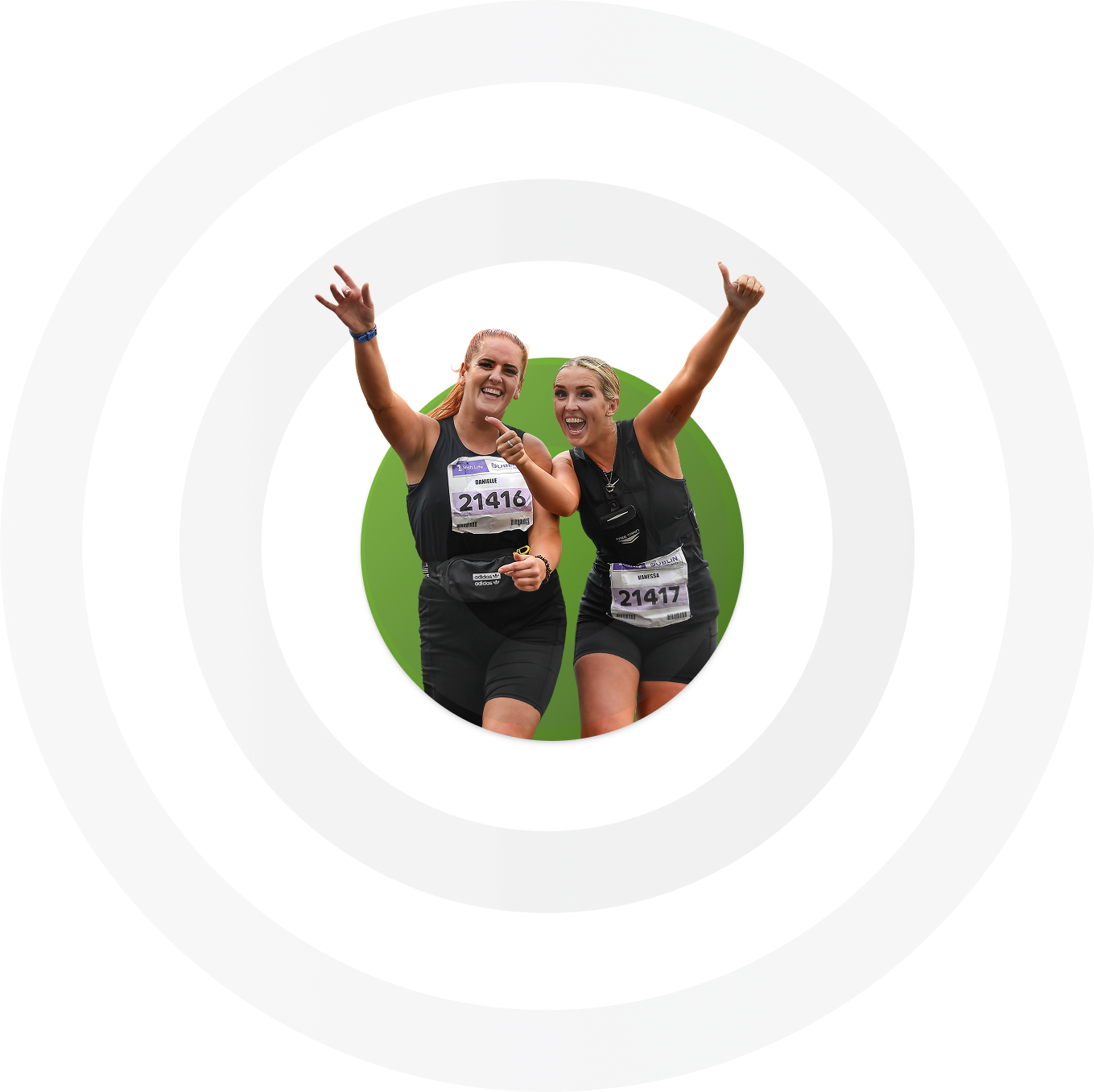In a world where technology is at our finger tips, it’s easier than ever to record, track and analyse all of your running metrics. Whilst gadgets such as heart rate monitors and GPS watches can be fantastic tools for collecting data which will enable you to monitor progression and the effectiveness of your training programme, is using technology always beneficial?
With that in mind, check out the following reasons why sometimes it might just be best to leave the technology at home when you run.
It can cause unnecessary stress!
I’ve lost count of the number of runners that I know who have genuinely have their day ruined when somebody steals their Strava segment or when they don’t hit their desired splits! Some are so filled with rage when they are knocked down the Strava leaderboard that common sense goes out the window and they embark on their third training session of the day just to regain their crown!
If this sounds familiar think of the reasons why you started running in the first place and I would hazard a guess that enjoyment would feature highly, not to become angered by a statistic that is out of your control.
It’s not healthy to continually compare yourself to others
Online tracking tools and running apps do invite you to compare yourself to others, particularly if you make your data public. Whilst a bit of competition can be motivating, for many runners comparing yourself to others can become destructive.
The beauty of running is that all runners are unique and there are countless variables that can affect your individual performance on any given day. Therefore continually comparing yourself to others can potentially leave you feeling de-motivated and miserable.
Learn to listen to your body
The danger of being entirely governed by technology such as GPS watches and heart rate monitors means that you lose the ability to listen to your body and to run to ‘feel’. Our bodies are incredibly effective at providing us with internal or biofeedback whenever we exercise. Information on our breathing rate, heart rate and fatigue levels within the muscle is constantly being fed back to our brain so that we can adjust our effort accordingly. On any given day your performance can be affected by the weather, nutrition and hydration, sleep, hormones, energy levels and numerous other factors.
Relying solely on a GPS watch to try and hit your target pace may mean that you are forcing things when perhaps your body is telling you otherwise. Therefore learning to tune into your effort and body’s biofeedback is crucial to better pace judgement and to help reduce the risk of over-training and/or injury.
Enjoy the freedom
Many runners are guilty of becoming slaves to their watches. Constant analysis of your splits during training can create unnecessary pressure which then draws the fun and enjoyment out of running.
Why not try some runs where you run ‘naked’ (not literally of course!). Ditch your watch and head out of the door for as little or as long as you like. You’ll be amazed at how liberating it feels not to be dictated to by a small device on your wrist!
Safety
Many runners fail to realise that in sharing their running data online they are potentially jeopardising their personal safety . If you upload your running data and share it publically you might want to consider that you are providing people with information such as where you start and finish your runs, your regular routes and the time of day that you head out.
Fortunately, attacks on runners aren’t too common but you certainly don’t want to share any more information about your routines than you have to! You should carefully consider you privacy settings on any apps that you might use so that only those that you want to can access your running data.





.png)


